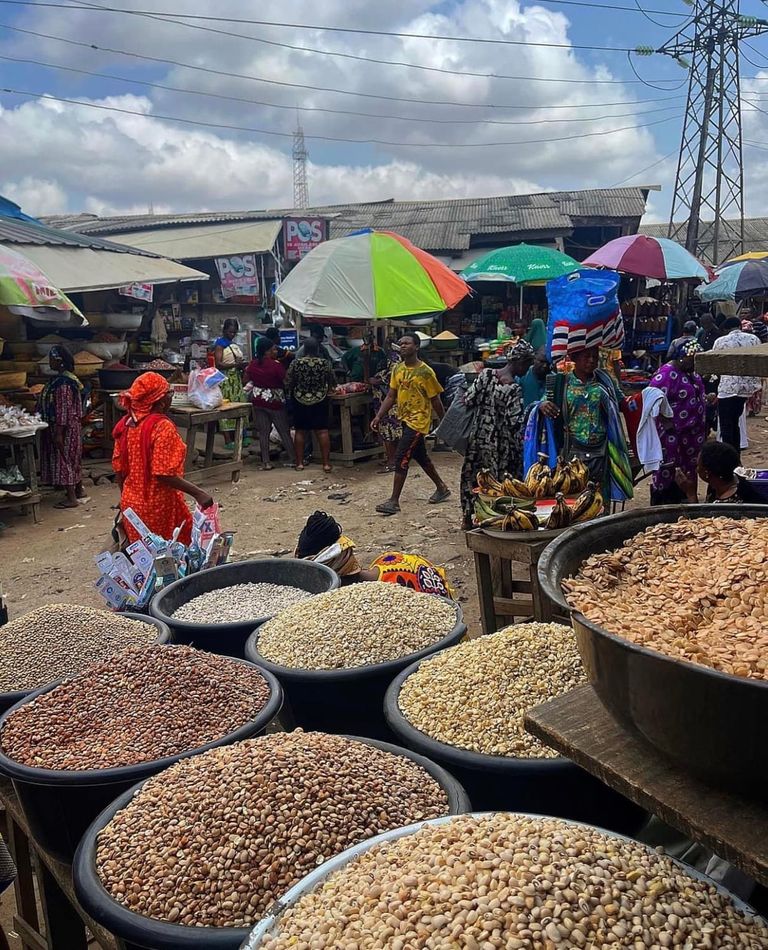
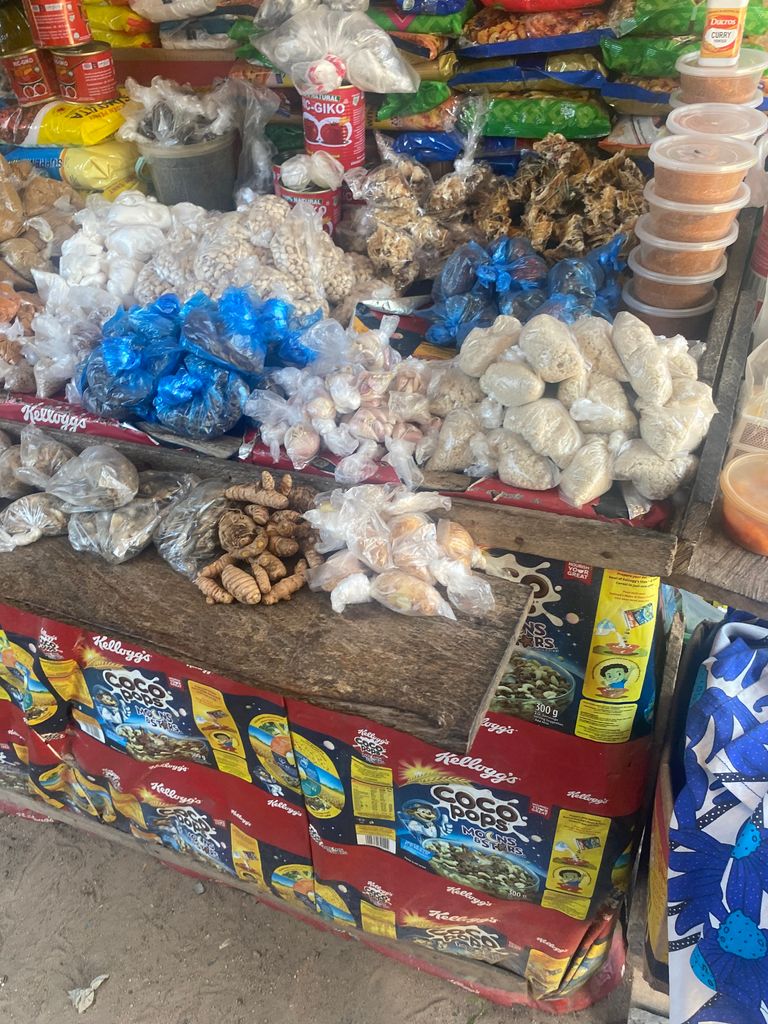
Living in Nigerian is getting so difficult as the days goes by because the price of food items are tripling their prices, well it’s already known that when Christmas 🎄 is approaching items terms to get more expensive because of the celebration ahead, but this is the first regime where items are getting more expensive than the previous years. Right now in Nigeria it’s currently so difficult for a common man to be able to afford 3 square meal 🥘 on a daily basics, everybody has become an economist because we’ve all learning how to manage a little portion of food items to serve us for a long period of time. It’s very difficult to be a student at this time of the year, because you will be fighting for some many things. A student that just fully depend on his parents, and contrary don’t have a rich parents will find it so difficult to perform in school because I don’t think you can be able to function well without good meal 🥘. For someone like me I don’t think I will be able to read when I’m so hungry, I will not understand what I’m reading at all. Well the only thing we need now in our country is prayer and I believe that God will come to our rescue. The high cost of food items in Nigeria is a pressing concern. Recently, the price of imported rice has skyrocketed by 114% due to the government's delay in implementing its duty-free food policy . This policy, announced in July 2024, aimed to provide relief from rising inflation by allowing duty-free importation of food items like maize, husked brown rice, wheat, and cowpeas. Unfortunately, the policy's implementation has been slow, leading to increased prices.
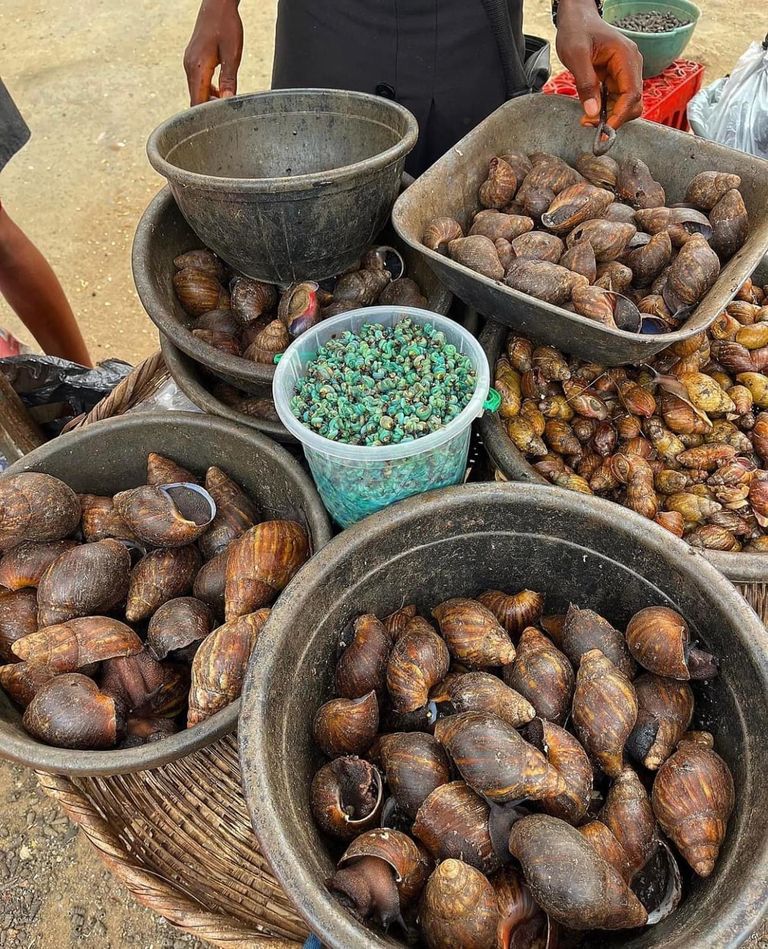
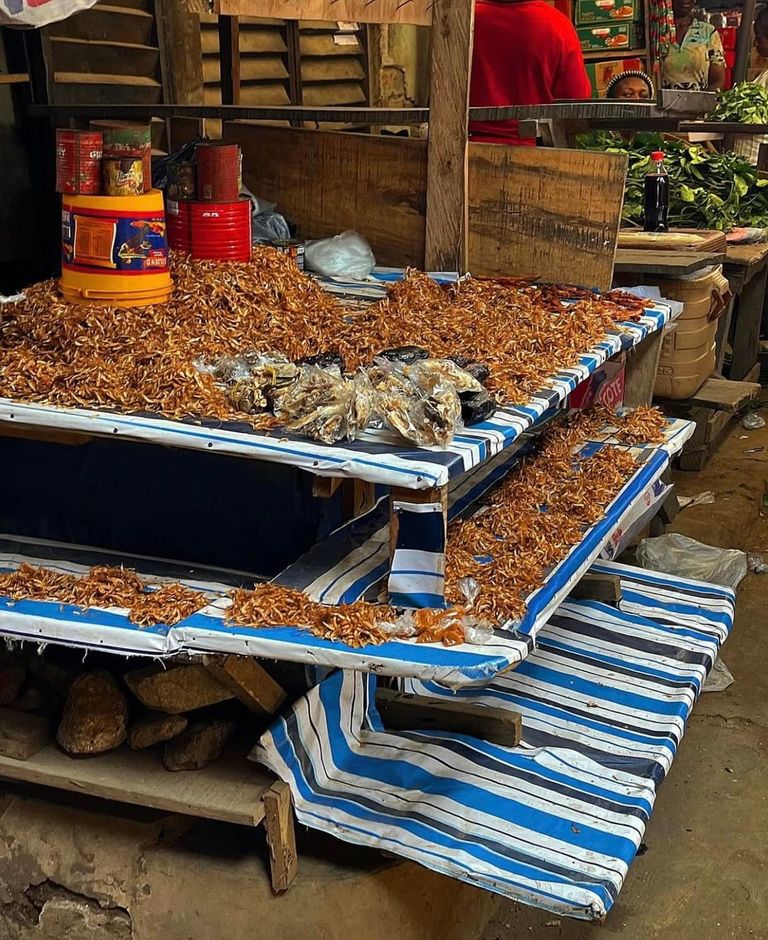
Factors Contributing to High Food Costs:
Delayed Implementation of Duty-Free Policy: The government's slow pace in implementing the duty-free policy has contributed to the rising costs
Inflation: Nigeria's high inflation rate has led to increased food prices.
Import Costs: The cost of importing food items, including transportation and customs fees, adds to the overall expense.
Local Production Challenges: Domestic food production faces challenges, such as inadequate infrastructure and funding, leading to reliance on imports.
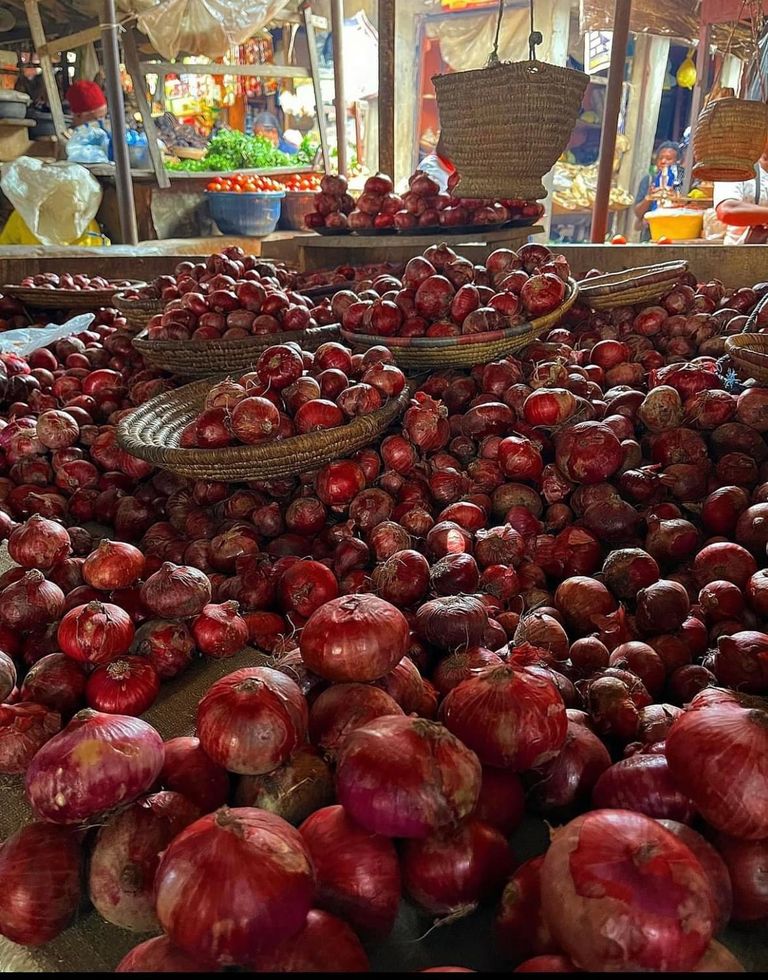
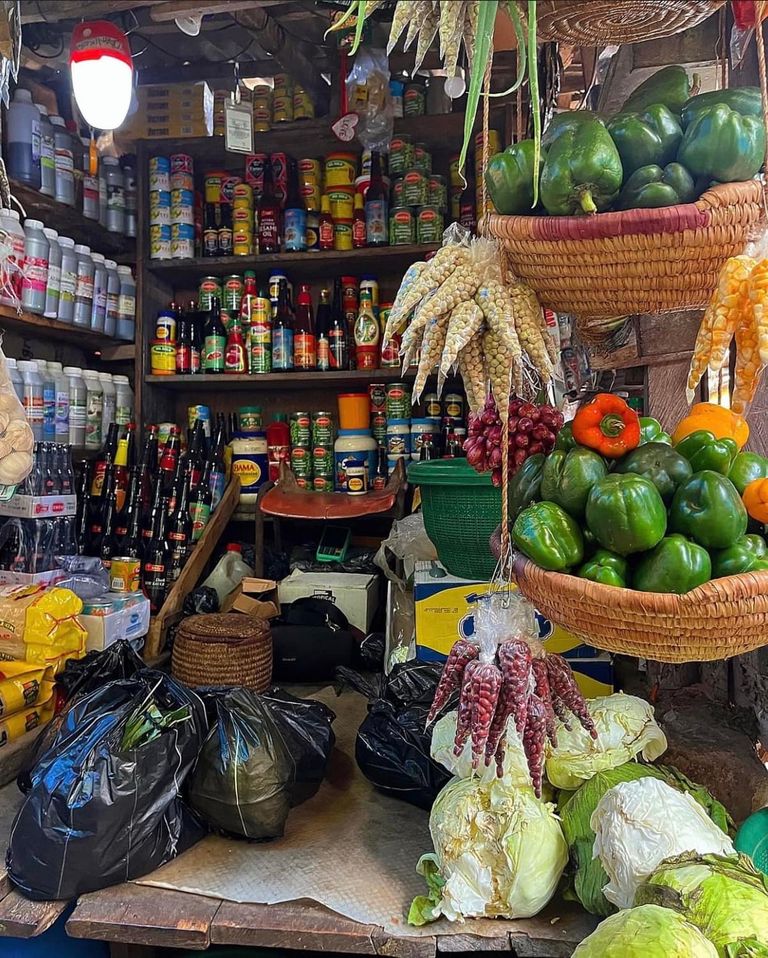
Impact on Nigerians:
The high cost of food items has significant implications for Nigerians, particularly low-income households. Many struggle to afford basic food items, exacerbating food insecurity and poverty.
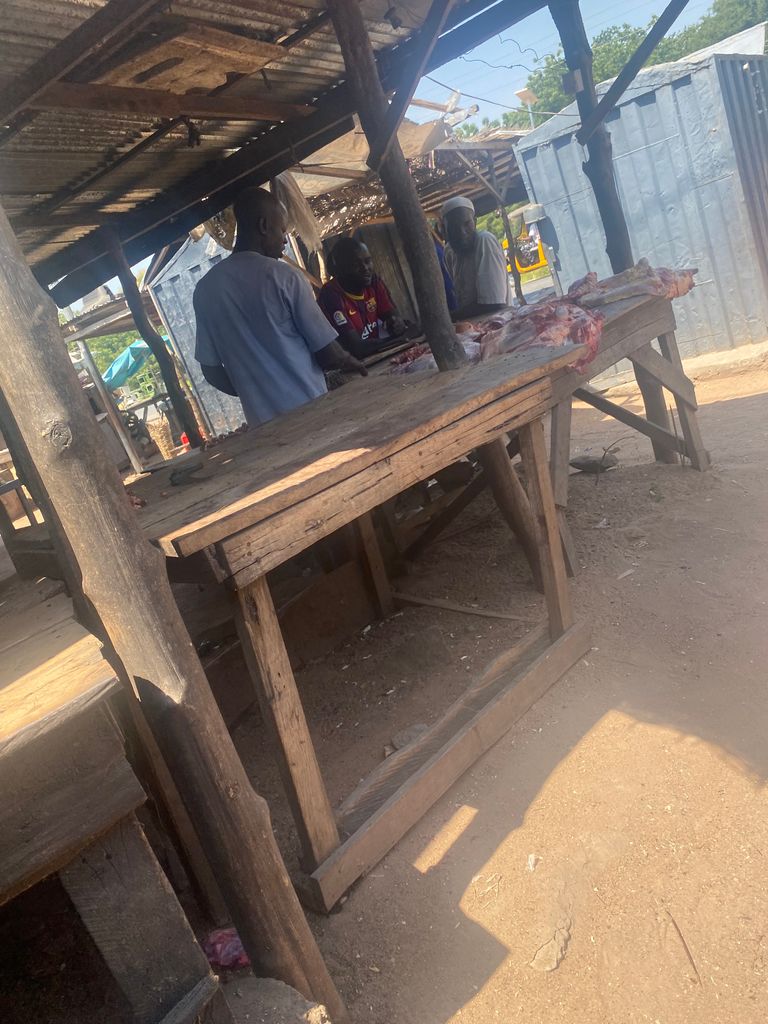
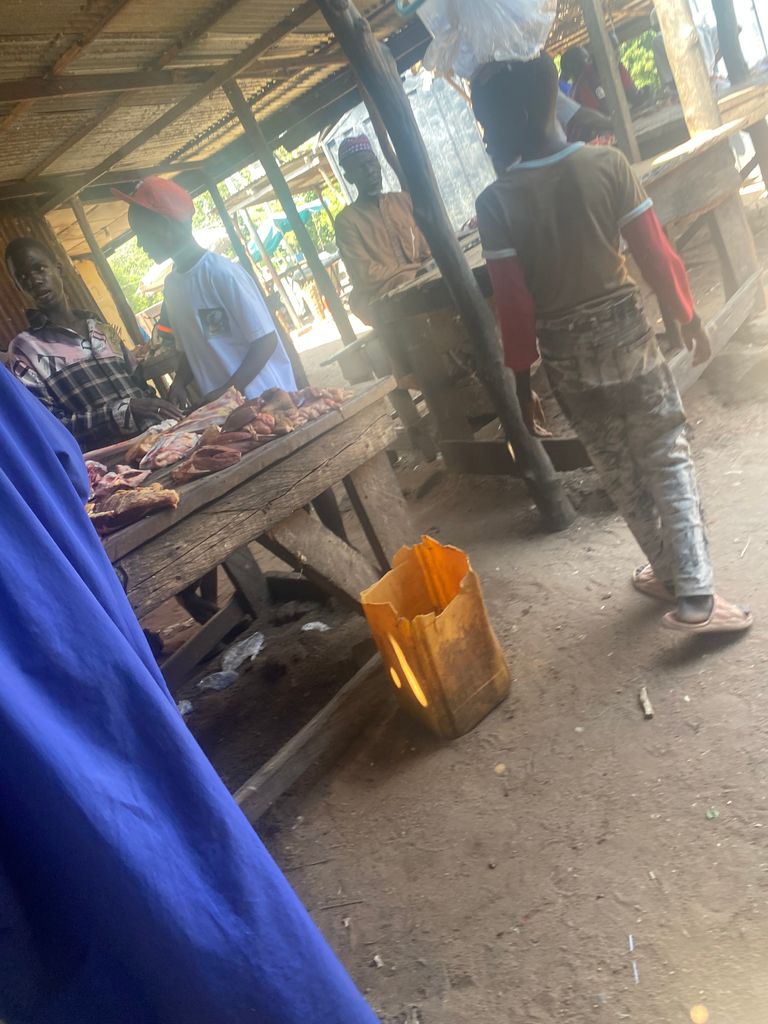
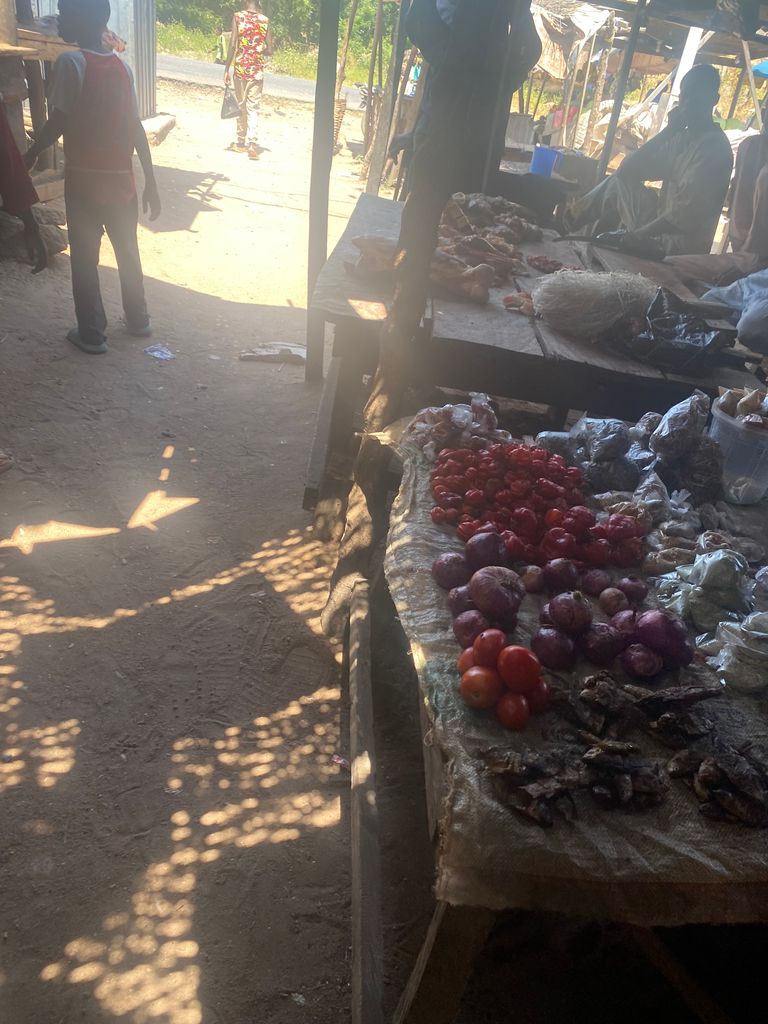
More factors contributing to the high cost of food items in Nigeria
Factors Contributing to High Food Costs:
- Delayed Implementation of Duty-Free Policy
- Inflation
- Import Costs
- Local Production Challenges
- Security Concerns: Insurgency and banditry affect agricultural production and transportation.
- Climate Change: Weather-related issues impact crop yields and food availability.
- Infrastructure Deficits: Poor roads, storage, and transportation infrastructure increase costs.
- High Transportation Costs: Fuel prices and logistics expenses contribute to food costs.
- Currency Fluctuations: Naira volatility affects import costs and pricing.
- Tariffs and Taxes: Customs duties, VAT, and other taxes add to food prices.
- Middlemen and Market Dynamics: Inefficient supply chains and market structures increase costs.
- Population Growth: Rising demand for food amidst limited production.
- Agricultural Policies: Inadequate support for farmers and agricultural sector.
- Storage and Preservation: Inadequate facilities lead to food waste and spoilage.
- International Market Fluctuations: Global price changes affect imported food costs.
Impact on Nigerians:
- Food Insecurity: Limited access to affordable nutrition.
- Increased Poverty: High food costs exacerbate economic hardship.
- Malnutrition: Inadequate access to nutritious food affects health.
- Social Unrest: High food costs can lead to protests and civil disturbances.
- Economic Contraction: High food costs reduce consumer spending power.
Potential Solutions:
- Implement Duty-Free Policy
- Invest in Agricultural Sector
- Improve Infrastructure
- Enhance Security
- Promote Local Production
- Support Farmers
- Encourage Private Sector Investment
- Implement Price Control Measures
- Improve Market Efficiency
- Develop Storage and Preservation Facilities
Government Initiatives:
- Agricultural Transformation Agenda
- National Food Security Council
- Presidential Fertilizer Initiative
- Anchor Borrowers' Programme
- National Agricultural Land Development Authority (NALDA)
Organizations Addressing Food Security:
- Federal Ministry of Agriculture and Rural Development
- National Agency for Food and Drug Administration and Control (NAFDAC)
- Nigerian Agricultural Insurance Corporation (NAIC)
- International Fund for Agricultural Development (IFAD)
- Food and Agriculture Organization (FAO)
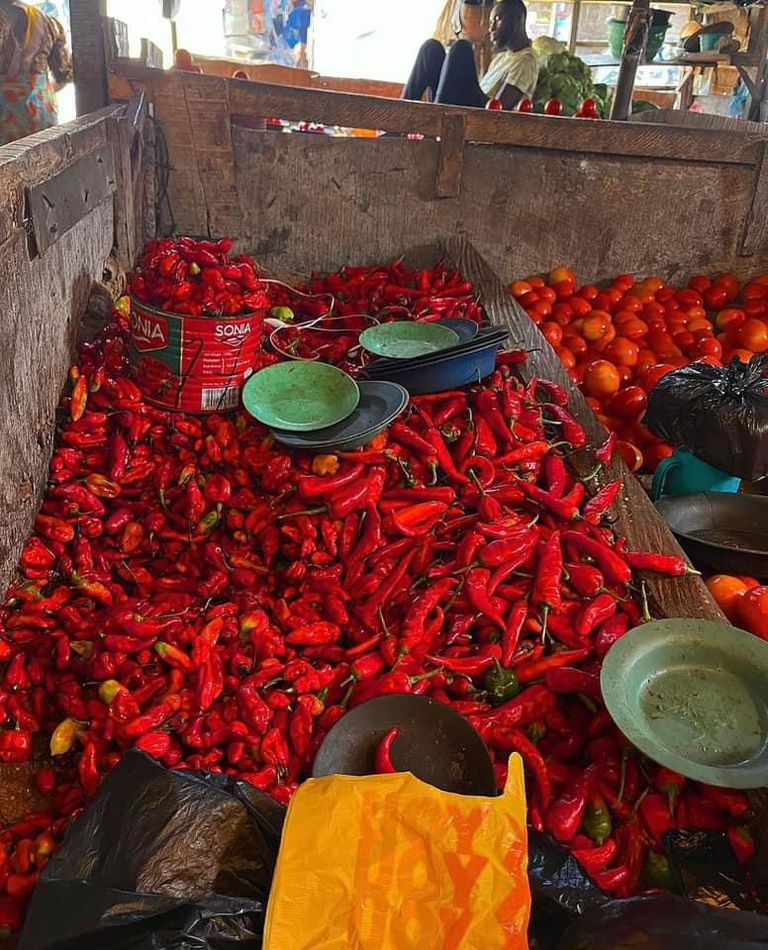
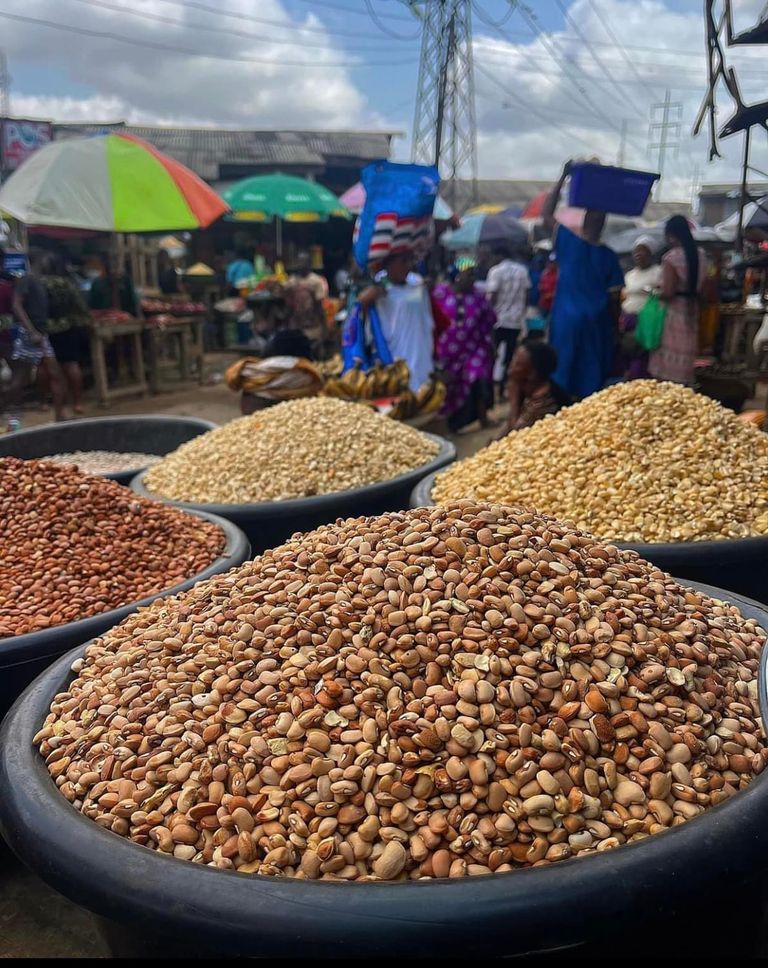
Thank you for stopping by my post today, I hope you enjoy my content please drop a comment below and state how useful this content was to you. Thank you for support
